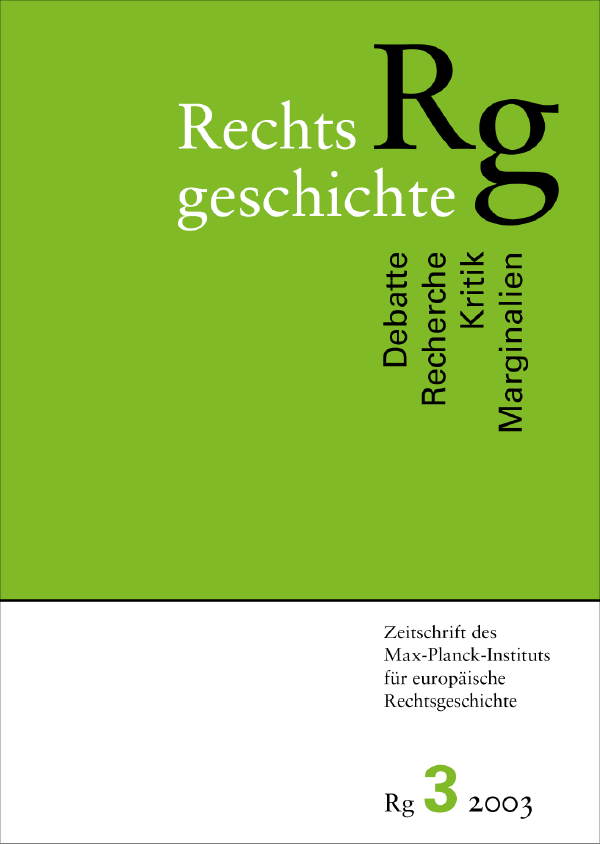Letteratura, processo e opinione pubblica
Le raccolte di cause celebri tra bel mondo, avvocati e rivoluzione
DOI:
https://doi.org/10.12946/rg03/070-097Abstract
Beginning in the second half of the 18th century, the whole of Europe was inundated by anthologies of famous trials. The originator of this kind of collection is generally thought to have been François Gayot de Pitaval (1673–1743), one of so many advocates of uncertain fortune who crowded the courts. He modified for his own purposes a long tradition of heterogeneous texts which were very widely diffused not only in France. His work, frequently reprinted, expanded by supplements and often imitated, was utilised also by novelists and dramatists as a quarry of themes; it appeared at Paris in 22 small volumes between 1734 and 1743. It constituted the prototype of a literary genre which was extremely popular for more than two centuries, taking on a thousand different forms up to the television serials of our own days. Generally neglected by legal historiography, the causes célèbres nevertheless constitute a useful source of information on the practical application of norms, the administration of justice and the procedures of the courts and legal personnel. In addition they are of extraordinary interest for the study of law understood as a communicative system. The attention formerly paid by various jurists to the legal topics in the works of great writers could today be extended to the collections of famous cases, utilising the theoretical and methodological instruments fashioned by the various currents, differing among themselves, which are grouped under the heading Law and Literature. This article analyzes the structural characteristics of the literary genre and the changing perception of it by the reading public between the middle of the century and the Revolution. The collections, in fact, reaching an ever wider social milieu and gradually submitting the trials to the »court of the nation«, transformed the trial accounts from an occasion for entertainment to a stimulus for reflection on the vices of society and governments. They thus contributed significantly to the formation of a public opinion critical of the legal order and contemporary institutions.
Downloads
Veröffentlicht
Zitationsvorschlag
Ausgabe
Rubrik
Lizenz
Copyright (c) 2003 Autor/in

Dieses Werk steht unter einer Creative Commons Namensnennung - Nicht-kommerziell - Keine Bearbeitung 3.0 International -Lizenz.





